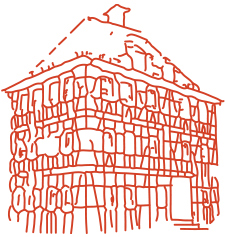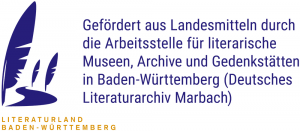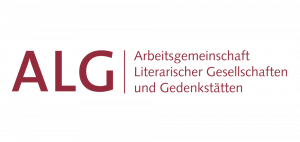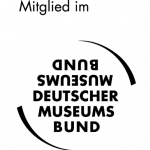Faust Museum
The world’s only Museum focussing on the Faust myth, before, during and after Goethe’s “Faust”.

The Faust Museum in Knittlingen provides a comprehensive and unique portrayal of the Faustian myth, from its historical roots in the Renaissance to its artistic manifestations in the present and future.
In 1980, the Faust Museum was opened in Knittlingen’s former town hall, a half-timbered building from the 19th century, after a cabinet exhibition had previously been on display in the newly built town hall. The driving force of the first Faust exhibitions was the long-time headmaster of the Doktor-Johannes-Faust-Schule Knittlingen, Karl Weisert.
The documentation and exhibition of the Faust myth begins with its historical origins around 1480 in Knittlingen as the birthplace of the historical Johann Georg Faust. It ranges from oral tradition and poetry, folk tale books and puppet shows to various literary interpretations of the Faustian myth, from Goethe to Thomas Mann and Mick Jagger.
In addition to literature, a wide variety of media, such as music, theatre or film, continue to elaborate on the Faust theme to this day. In this way, Faust proves to be infinitely changeable throughout this chronologically structured exhibition: The Faustian dilemma of the alliance with Evil is presented in different contexts. The core of this myth, however, remains true to itself in all its interpretations and adaptations.
Charismatic astrologer, healer, scientist and alchemist
The legend that Faust made a pact with the devil only emerged after his death around 1540. The historical Faust probably died as a result of a failed alchemical experiment that caused a violent explosion: his corpse was found “gar grawlich zerrissen” (gruesomely torn). For his contemporaries, the case was clear: “The devil took him!”, the consequence of a pact with God’s antagonist. Thus, the historical Faust was portrayed as the devil’s confederate.
What connects the historical Faust with the Faust of the legends, Goethe’s Faust and all the other interpretations is above all the desire and curiosity and the inner urge to transcend boundaries. According to research and as documented by the Faust Museum through historical sources, he can be said to have had a thoroughly unusual professional portfolio: astrologer, healer, scientist and alchemist.



